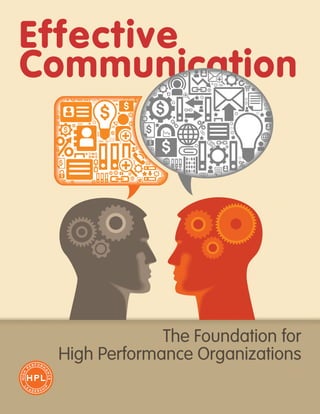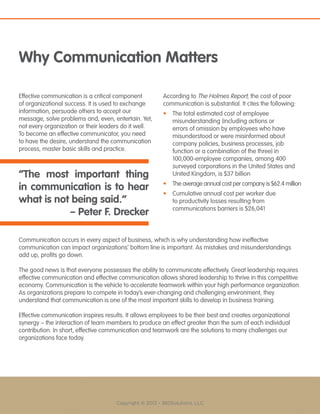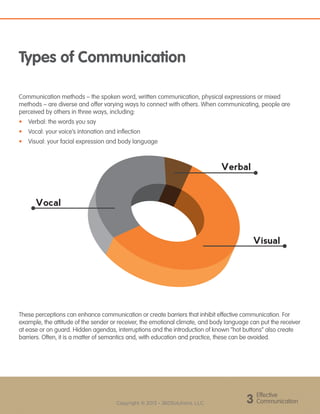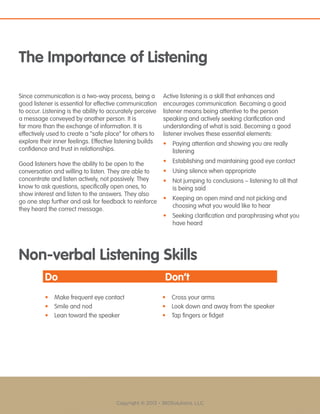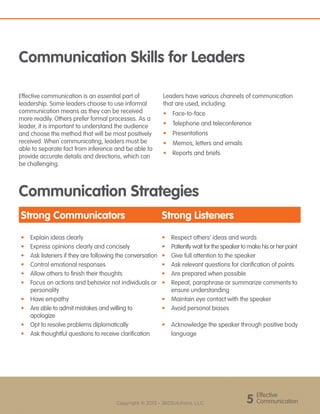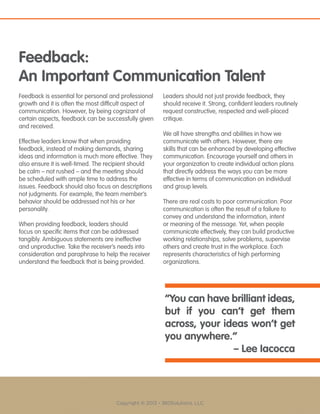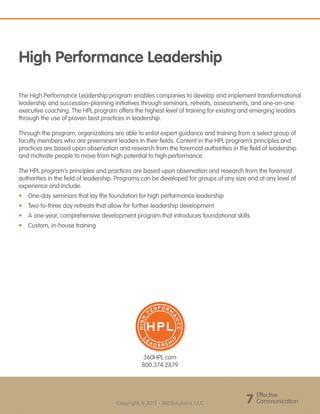Effective communication is crucial for organizational success, impacting teamwork and overall performance. Leaders must develop communication skills, actively listen, and provide constructive feedback to foster a collaborative work environment. Inadequate communication can lead to significant financial losses, underscoring the need for effective communication training and strategies in organizations.
